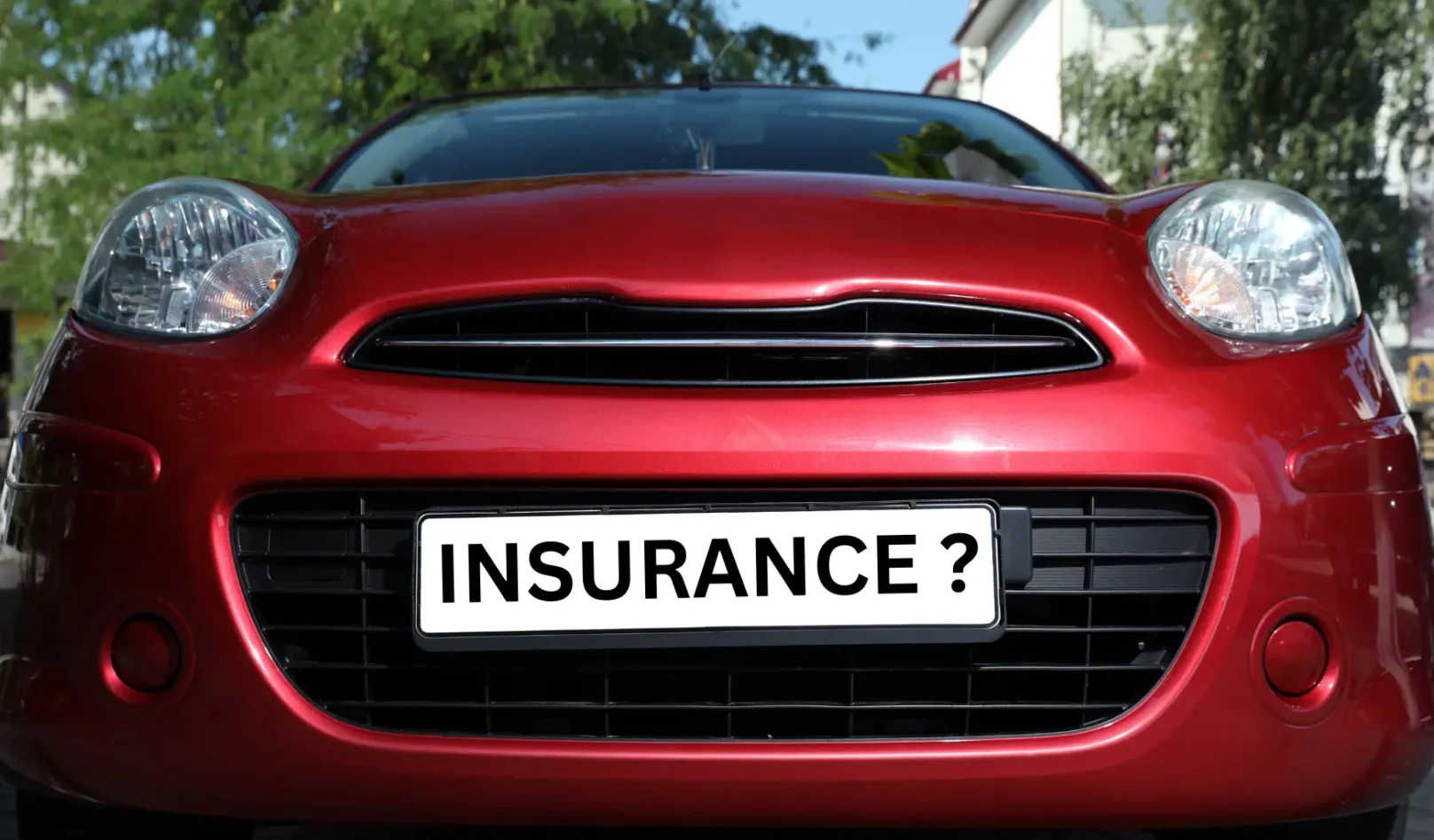
Purchasing car insurance before registering your vehicle is a legal requirement in almost every state. This article will detail the insurance prerequisites for registration across different states, penalties for lapsed policies, electronic verification systems, and things to remember when moving or buying from private parties and dealerships.
Insurance Requirements for Car Registration
The majority of states mandate proof of minimum liability coverage before allowing the registration of any private or commercial vehicle. This mandatory insurance verifies the capability to pay for injuries or damage caused in potential road accidents.
States that need insurance for registration process new applications only after validating active policies. Minimum thresholds align with compulsory state liability limits catering to bodily injury and property damage.
Showcased insurance paperwork must display the exact vehicle and currently active policy timeline overlapping with registration tenure. Any lapses lead to immediate DMV alerts or suspensions till renewal with sufficient coverage. Thus, maintaining continued insured status is pivotal for seamless registrations.
Consequences of Lapsed Car Insurance
Allowing the insurance policy on your registered vehicle to expire without renewal leads to significant repercussions across most states, including:
- Immediate suspension of vehicle registration till provision of renewed insurance paperwork
- Suspension of associated driver’s license in some instances without active insurance
- Penalties like reinstatement fees, fines on lapsed registration, mandated SR-22 filing requirements
- Forced retention of new higher-risk insurance plans affecting premium costs
Maintaining active insurance coverage in a timely aligned with your location’s state-specific compulsory liability limits is essential for avoiding such issues. This protects the privilege of renewed registrations and license authority alongside financial risks.
Electronic Insurance Verification Protocols
Traditionally, motorists had to manually present updated insurance certificates over the counter during annual registration. However, digital advancements have led to electronic verification frameworks.
Insurance companies directly interface with central DMV databases, updating driver coverage status. Any filings, renewals, cancellations, or lapses immediately reflect through this integration, allowing proactive suspension of registrations by DBV to prevent fraud.
Thus, before approving legitimate vehicle registrations, the compulsory insurance prerequisites now involve smarter cross-checks deploying technology for more stringent enforcement.
Insurance Needs When Moving or Buying Cars
1. Moving Between States
When relocating between states, you must register the existing vehicle under new state laws within 30 days. This would need procuring fresh insurance plans meeting revised minimum liability thresholds relevant to new areas, sometimes involving added no-fault injury or uninsured motorist buffers.
Shop for updated localized carriers without coverage gaps during transit, avoiding registration suspensions.
2. Buying From Dealerships
Dealers completely manage documentation needing insurance procurement before driving off lots, handling temporary plates, titling duties, and completing registration procedures. Note that insurance lapses despite temporary plates also risk suspensions or penalties.
3. Buying Private Party Vehicles
For private purchases, manually undertake title transfers, registration applications, and insurance plans in your name with desired liability limits relevant to the state. This proves mandatory before authorities issue permanent plates authorizing road use.
In a Nutshell
Except for New Hampshire, which needs alternate financial responsibility, approved insurance preceding use or registration is compulsory across other US states, given accident risks. Electronic protocols also actively monitor coverage validity, suspending delinquent registrations. Hence, maintaining insured status is pivotal for seamless vehicle ownership.
